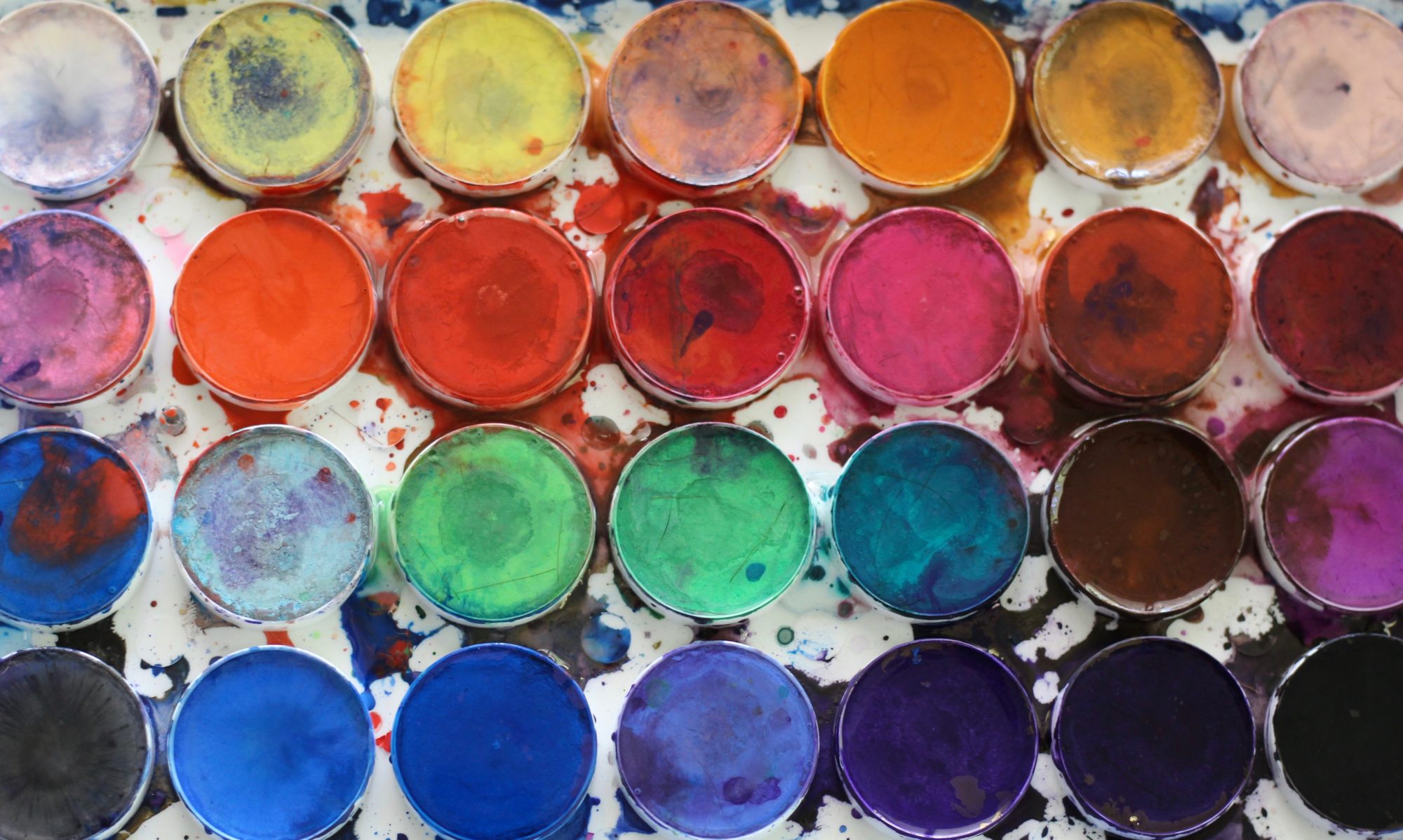
Only days into summer holiday, we discovered freshly laid frog eggs in the very shallow, warm water of the ditch near our home. Some lay completely exposed to the afternoon’s heat, the soft jelly already hardening, surrendering its existence to the relentless heat. The sun has since made dusty patchwork quilts of the ditch’s bottom.
We carefully collected all of the eggs, scraping the mud with our fingers, we placed them delicately into a large bowl of murky water. We knew a completely successful hatching was unlikely given their delicate condition and still we watched, hopeful. Nearly forty tadpoles emerged and found life in the tank that would entertain us for weeks.
Unbeknownst to us, we simultaneously hatched mosquitos and midge flies, too. The mud we collected alongside the eggs, gave birth to squirming larva. The walls of our home were soon sprinkled with the tiny winged creatures, who would regrettably live out their short lives indoors — their forlorn figures eternally resting on our window sills.
We watched as the tadpoles slowly developed back legs, then front. To our delight we noticed one afternoon, the first tiny frog with barely a tail, sitting on the rock we had planted in their makeshift home. It had happened. We hurried to fix the lid in place as the frog quickly scaled the walls of the container. Revealing its delicate underside, through the glass, we witnessed each breath as the air from the room filled its lungs.
After a month of dry weather, the only nearby refuge that the summer had yet to get rid of, was a small puddle on the edge of the ditch. Collecting a constant, almost imperceptible amount of ground water it defies the tall, thirsty trees looming overhead with their starved, autumn-coloured leaves, curling sorrowfully. So nearby where the eggs were laid, the destination seemed to me both poetic and opportune.
We collected the frog for a second time and brought it to the puddle. We watched as it flicked its tail and tested its legs in the water. We celebrated its first jumps as it stretched its legs in this newfound capacity. It ambitiously explored the rocky edge of the puddle, collecting fallen pine needles on its back. I watched it for some time, crouched nearby.
I watched a fascinating, particularly long-legged, wonderfully dexterous spider race past me, past the pair of fading deer prints, left sometime ago. It left the dry edge of the puddle, stretched its black and yellow limbs and took hold of a thin green plant that bent under the weight of the excited spider. It skillfully climbed from branch to branch before resting on its perch, contemplating where to build its voracious web.
I watched the frog as it continued exploring, a world materializing around it, now free from the confines of the water of its previous life.
As we prepared to head back inside, one excited daughter pushed another to get a final glance of the frog we had raised. A foot came falling down and crushed the tiny frog, on the puddle’s edge.
One daughter cried. Another reminded me, “it would’ve died anyway.” The youngest remained oblivious. We went back inside as there was nothing left to do.
The spider, having observed many thirsty insects, could rest assured in its decision to build there. It began to prepare a web in hungry anticipation.
The still body of the frog sank below the insatiable mud.


